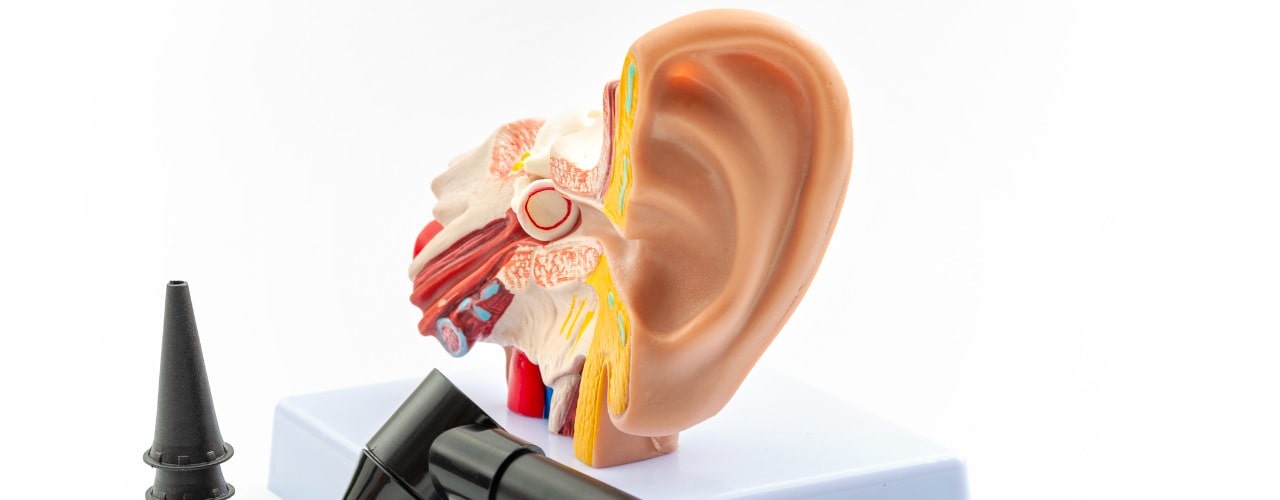The diagnosis and treatment of snoring
Although snoring might seem like a fairly innocuous issue it can be very problematic. Snoring not only disturbs your own sleep but can also do the same to the people around you and this can put pressure on key relationships. When it comes to snoring, seeing a specialist can be helpful – below we outline how most will approach the diagnosis and treatment of any snoring issue.
Diagnosis
The process of diagnosis of snoring involves looking at your symptoms, carrying out a physical examination and going through your medical history. Tests, such as X-ray, a computerised tomography scan or magnetic resonance imaging, can be used to identify any physical issues with your airway. You may also be asked to take part in a sleep study, which involves an overnight stay where sensors will monitor your body for information such as your blood oxygen level, brain waves, breathing rate and eye and leg movements.
Treatment
There are a number of different stages involved in the treatment of snoring. Initially, the doctor may look at ways in which you may be able to make small changes physically, such as losing weight, avoiding sleeping on your back or changing the way you drink alcohol so that you’re not consuming it close to going to bed. This may be all that is necessary to help solve a minor snoring problem. Where the issue is more intense other support may be necessary. For example, you may benefit from wearing a dental mouthpiece that changes the position of your jaw, tongue and soft palette to make sure your airway stays open. A continuous positive airway pressure mask may also help, directing pressurised air through the mask and into your airway so that it remains open while you’re sleeping.
What about surgery?
Surgical procedures that are designed to avoid your airway narrowing when you’re asleep can be helpful. These include uvulopalatopharyngoplasty, which is a process of tightening and trimming excess tissue from your throat or maxillomandibular advancement, which is designed to open the airway by shifting upper and lower jaws forward.
Helping yourself at home
In addition to medical treatment there are also a number of ways in which someone with a snoring problem can make a difference to their experience of this condition on a daily basis. Sleeping on your side, for example, prevents your tongue falling backward into your throat, which is often what causes snoring – you can ensure you don’t move around in the night by sewing a tennis ball into the back of your night clothes. If you’re able to raise the head of your bed by around 4 inches this can also make a difference, as will nasal strips or an external nasal dilator. Lifestyle changes such as drinking less, giving up smoking and avoiding sedatives can also be significant when it comes to snoring.
Snoring is a very common problem and there are lots of different ways that this can be treated so that you can go on to get a good night’s sleep.












